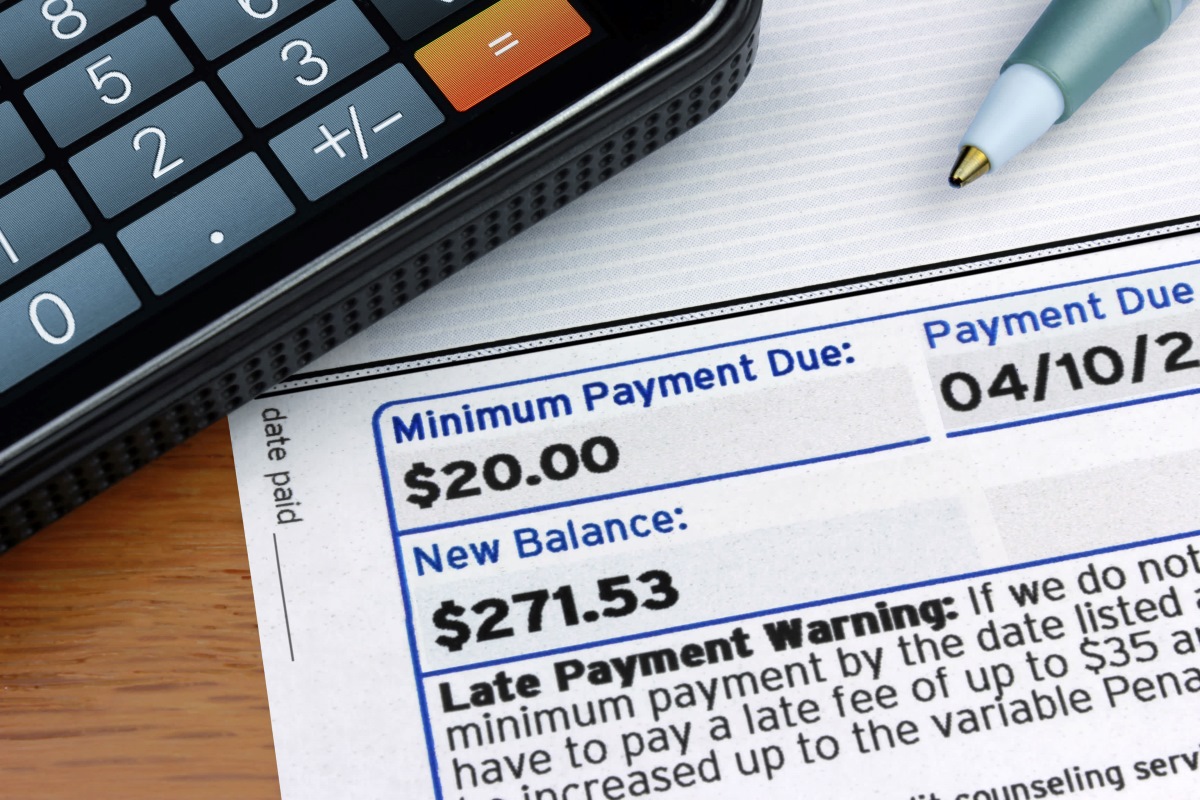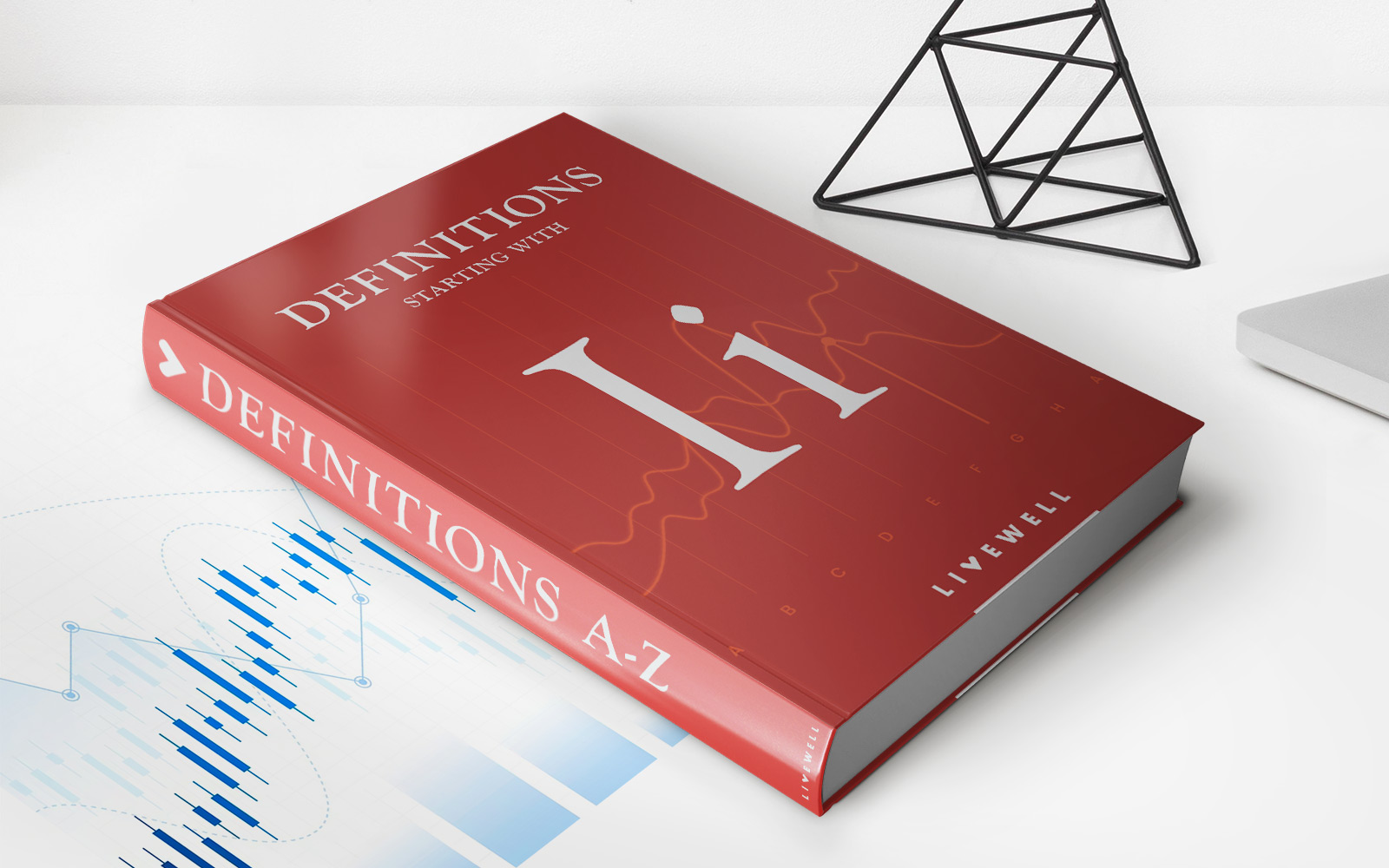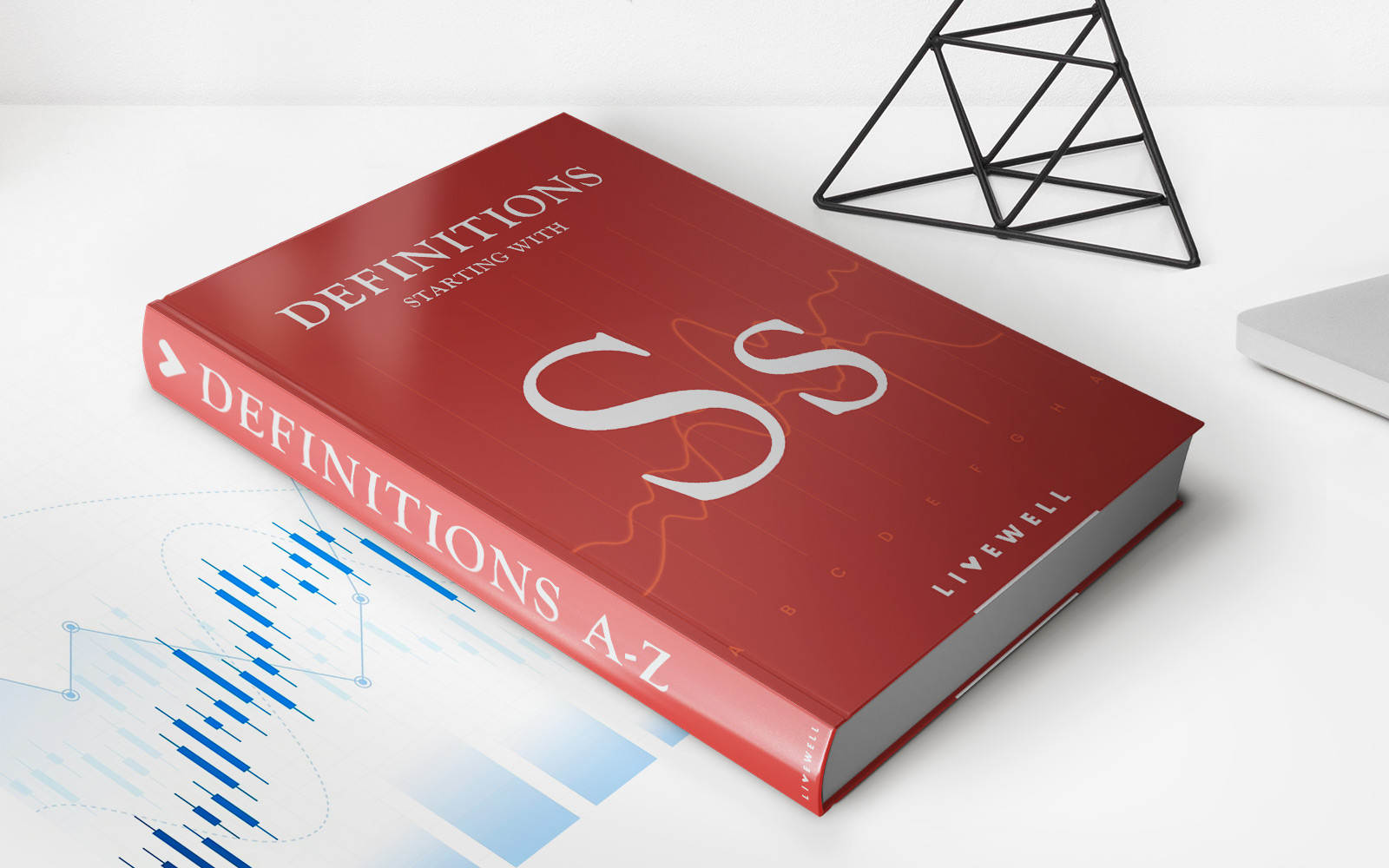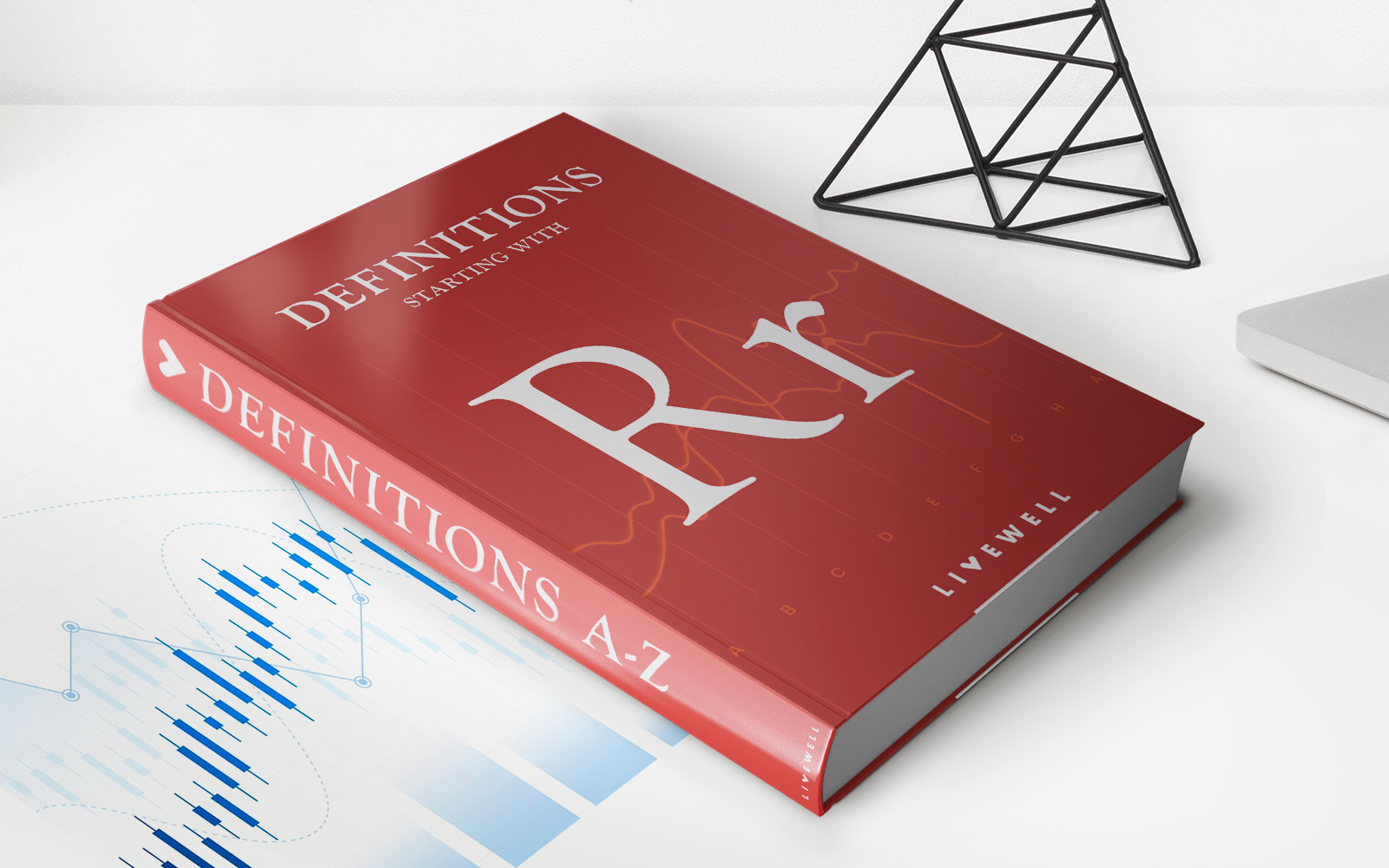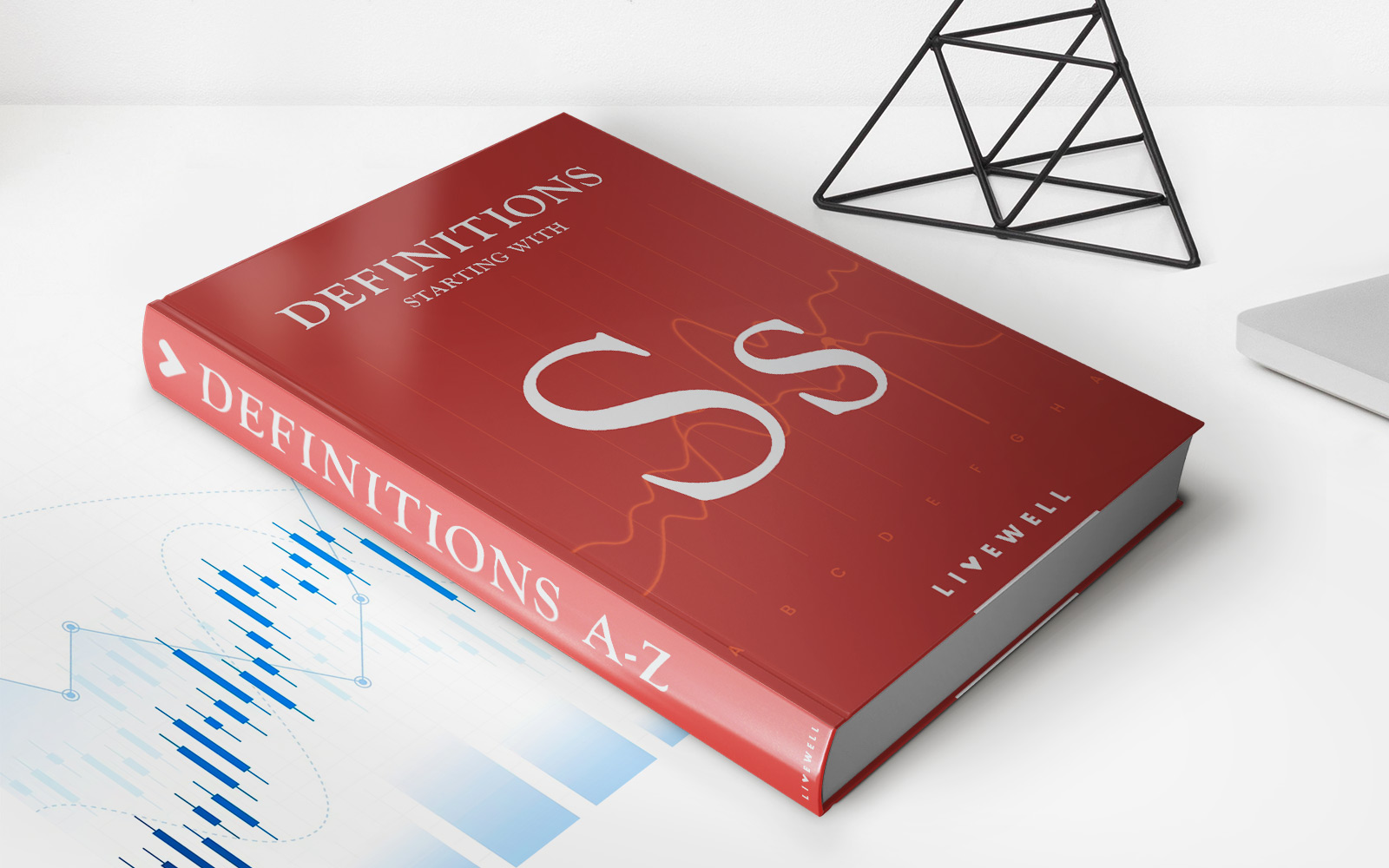Home>Finance>When Will New Credit Card Impact Credit Utilization Score


Finance
When Will New Credit Card Impact Credit Utilization Score
Published: March 6, 2024
Learn how a new credit card could affect your credit utilization score and overall financial health. Find out when the impact will take effect and how to manage it effectively. Gain insights on finance and credit management.
(Many of the links in this article redirect to a specific reviewed product. Your purchase of these products through affiliate links helps to generate commission for LiveWell, at no extra cost. Learn more)
Table of Contents
Introduction
Managing your credit score is a vital aspect of maintaining your financial health. One crucial factor that influences your credit score is the credit utilization ratio. This ratio measures the amount of credit you are using in relation to your total available credit. It plays a significant role in determining your creditworthiness and can impact your ability to secure favorable loan terms, credit card approvals, and more.
When you consider applying for a new credit card, it’s important to understand how this decision can affect your credit utilization score. By gaining insight into the potential impact, you can make informed choices to protect and improve your credit standing.
In this article, we will delve into the intricacies of credit utilization scores, explore the impact of acquiring a new credit card on this score, examine the factors that influence credit utilization, and provide strategies to mitigate any potential negative impact. By the end, you will have a comprehensive understanding of how new credit cards can impact your credit utilization score and how to navigate this aspect of personal finance effectively.
Understanding Credit Utilization Score
Credit utilization score, also known as the credit utilization ratio, is a fundamental component of your overall credit score. It reflects the percentage of your available credit that you are currently using. This ratio is calculated by dividing your total credit card balances by your total credit limits and multiplying the result by 100 to express it as a percentage.
For example, if you have a total credit limit of $10,000 across all your credit cards and your current balances amount to $3,000, your credit utilization ratio would be 30%. A lower credit utilization ratio is generally considered favorable as it indicates that you are using a smaller portion of your available credit, which suggests responsible credit management and financial stability.
Credit scoring models typically consider both individual and overall credit utilization ratios. While it’s essential to maintain a low utilization ratio on each credit card, the combined utilization across all your credit accounts is also crucial. Lenders and credit card issuers use this information to assess your risk as a borrower, and a high credit utilization ratio can signal financial strain and increase the perceived risk.
Understanding the significance of the credit utilization score is pivotal in managing your credit effectively. It’s not only a key factor in determining your creditworthiness, but it also has a direct impact on your credit score. By maintaining a low credit utilization ratio, you can positively influence your credit score and enhance your financial standing.
Impact of New Credit Card on Credit Utilization Score
Acquiring a new credit card can have a notable impact on your credit utilization score, and understanding this influence is crucial for making informed financial decisions. When you open a new credit card account, it immediately affects your overall available credit, potentially altering your credit utilization ratio.
Upon obtaining a new credit card, the credit limit associated with the card contributes to your total available credit. This increase in available credit can lead to a lower credit utilization ratio, provided your existing credit card balances remain unchanged. For instance, if you have existing credit card balances totaling $2,000 and acquire a new card with a $5,000 credit limit, your total available credit rises, leading to a reduced utilization ratio.
Conversely, if you also accumulate a significant balance on the new credit card, it can elevate your overall credit utilization ratio. This scenario occurs when the new card’s credit limit is utilized extensively, causing an increase in the percentage of available credit being used. Consequently, a higher credit utilization ratio can potentially have a negative impact on your credit score.
It’s important to note that the impact of a new credit card on your credit utilization score depends on how you manage the new account and its associated credit limit. Responsible use, such as keeping the new card’s balance low in relation to its credit limit, can lead to a favorable impact on your credit utilization ratio and, subsequently, your credit score.
Understanding the potential impact of a new credit card on your credit utilization score underscores the significance of prudent credit management. By being mindful of how the new credit card affects your overall credit utilization, you can take proactive steps to maintain a healthy credit profile and leverage the benefits of additional available credit without compromising your creditworthiness.
Factors Affecting Credit Utilization Score
Several factors influence your credit utilization score, and understanding these elements is essential for effectively managing your credit profile. By comprehending the determinants of your credit utilization ratio, you can make informed decisions to maintain a favorable score and enhance your overall creditworthiness.
- Credit Card Balances: The outstanding balances on your credit cards directly impact your credit utilization ratio. Higher balances relative to your credit limits result in an elevated utilization ratio, potentially affecting your credit score negatively.
- Credit Limits: The credit limits assigned to your credit cards play a significant role in determining your credit utilization score. Higher credit limits provide more available credit, contributing to a lower utilization ratio if balances are kept in check.
- New Credit Cards: Acquiring new credit cards alters your total available credit, influencing your credit utilization ratio. Managing the balances on these new accounts is crucial in mitigating any adverse impact on your utilization score.
- Balance Transfer Activity: Transferring balances between credit cards can affect your credit utilization ratio. While consolidating balances can streamline debt management, it’s important to consider the impact on your utilization score.
- Closing Credit Card Accounts: Closing credit card accounts reduces your available credit, potentially leading to a higher credit utilization ratio if balances remain unchanged. Careful consideration is necessary when closing accounts to minimize negative repercussions on your utilization score.
These factors collectively contribute to your credit utilization score, shaping your overall credit profile and influencing your creditworthiness in the eyes of lenders and credit agencies. By monitoring and managing these elements effectively, you can optimize your credit utilization ratio and maintain a positive credit standing.
Strategies to Minimize Negative Impact
When it comes to minimizing the potential negative impact of new credit cards on your credit utilization score, several proactive strategies can help you navigate this aspect of credit management effectively. By implementing these approaches, you can mitigate adverse effects and maintain a healthy credit utilization ratio, bolstering your overall creditworthiness.
- Monitor Credit Utilization: Regularly monitoring your credit utilization ratio is crucial, especially after acquiring a new credit card. By staying informed about your utilization score, you can assess the impact of the new card and take corrective measures if necessary.
- Use Credit Responsibly: Responsible credit usage is pivotal in minimizing negative impacts on your credit utilization score. Avoiding excessive spending and maintaining manageable balances relative to your credit limits can help sustain a favorable utilization ratio.
- Strategic Balance Payments: Making strategic payments to keep credit card balances low in proportion to your credit limits is instrumental in managing your credit utilization score. Timely and consistent payments contribute to a lower utilization ratio.
- Consider a Credit Limit Increase: Requesting a credit limit increase on an existing credit card can augment your available credit, potentially offsetting the impact of a new card on your utilization ratio. However, it’s essential to exercise caution and avoid accumulating additional debt as a result of a higher limit.
- Utilize Balance Transfer Offers Wisely: If considering balance transfers, evaluate the associated impact on your credit utilization score. While consolidating balances can streamline debt management, it’s important to weigh the potential effects on your utilization ratio.
- Strategic Account Management: Carefully manage the utilization of each credit card in your portfolio. Distributing balances strategically across cards can help maintain optimal utilization ratios and minimize negative repercussions from new credit card acquisitions.
By employing these proactive strategies, you can navigate the potential impact of new credit cards on your credit utilization score effectively. Maintaining a healthy credit utilization ratio is paramount in preserving your creditworthiness and securing favorable financial opportunities in the future.
Conclusion
Understanding the intricate relationship between new credit cards and credit utilization scores is vital for anyone seeking to manage their credit effectively. The impact of acquiring a new credit card on your credit utilization ratio underscores the importance of prudent credit management and strategic financial decision-making.
By comprehending the factors that influence credit utilization scores, individuals can proactively navigate the potential impact of new credit cards on their credit profiles. Monitoring credit utilization, using credit responsibly, and strategically managing credit card balances are essential practices for minimizing negative repercussions on credit utilization ratios.
It’s crucial to recognize that while new credit cards can alter your available credit and potentially affect your credit utilization score, responsible credit management can mitigate adverse impacts and preserve a favorable credit profile. Strategic utilization of available credit, prudent balance payments, and informed decision-making regarding credit limit increases and balance transfers are instrumental in maintaining a healthy credit utilization ratio.
In essence, the relationship between new credit cards and credit utilization scores underscores the significance of informed financial management. By implementing proactive strategies and staying attuned to the dynamics of credit utilization, individuals can safeguard their creditworthiness and lay the groundwork for a solid financial future.
Ultimately, by leveraging a comprehensive understanding of credit utilization scores and their interaction with new credit cards, individuals can navigate the complexities of credit management with confidence, ensuring that their credit profiles remain robust and favorable.
